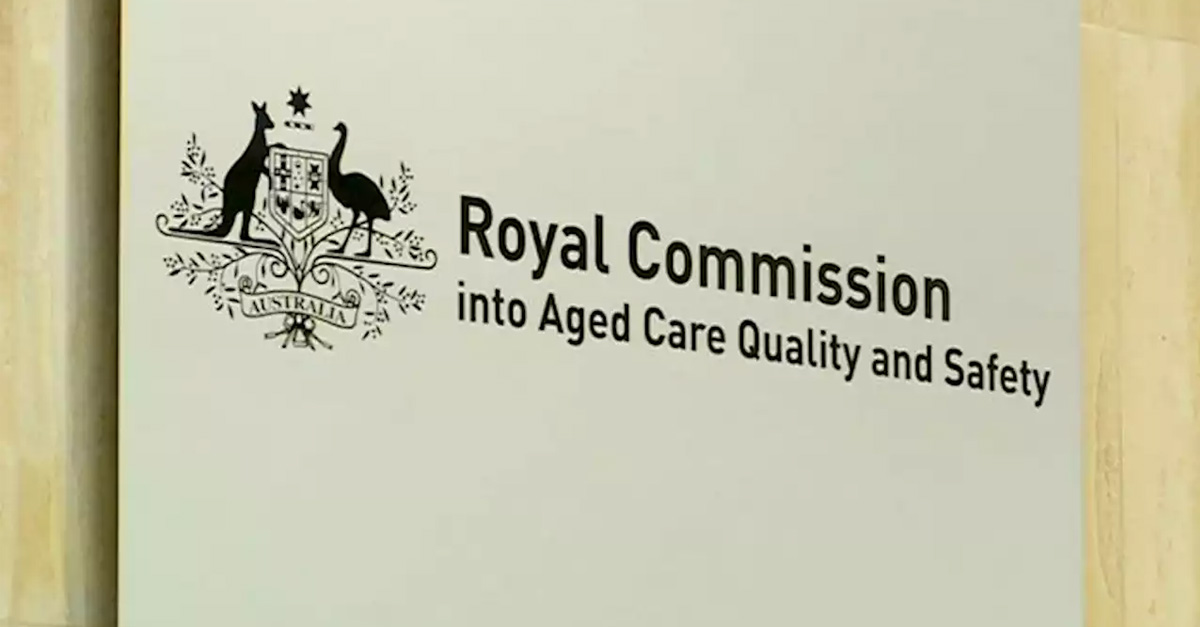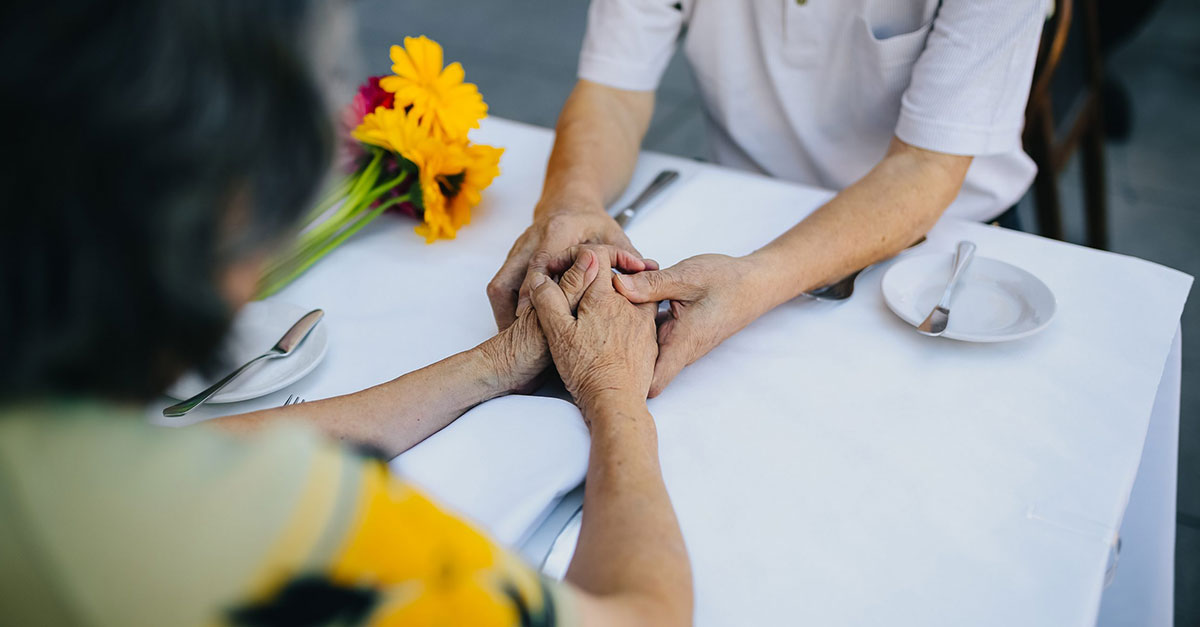Is aged care as expensive as people believe? We’ve all heard the horror stories of exorbitant Accommodation Deposits, high daily fees and hidden charges, but is that how the aged care system really works in Australia?
If you have family members who may be looking to move into aged care in the near future, it’s important to understand all of the potential costs and fees of placing someone into care.
How much does the Australian Government contribute towards the cost of aged care?
The Australian Government heavily subsidises the cost of most aged care services, with some costs capped to ensure the elderly can access the care they need.
However, how much you will pay for aged care depends on your pension status, current income and assets. In general, those who are receiving a full pension with minimal assets will pay 85% of their aged pension towards their residential aged care, whereas if you have a higher income and additional assets you should expect to contribute more for care and accommodation.
Keep in mind the family home may be excluded from the Asset & Income Assessment if a spouse or protected person remains living in the home..
Home Care Costs
If you have a family member who needs additional help, but is still able to live within their own home independently, then home care may be the best option.
Home care offers nursing and personal care services direct to an elderly persons home.
A home care package may include help with cleaning, basic cooking, gardening, companionship and personal or nursing care.
The government will fund the costs of your home care package. The family home will be excluded from any income means testing to determine your home care fees.
The costs of home care are reviewed in March and September every year, when the Age Pension is reviewed/changed.
As of March 2019, the basic fee for a Home Care Package is $147.56 per fortnight, per person ($10.54 per day)
Even if you earn income above the Age Pension, there is a capped limit to what can be charged as an Income Tested Fee.
Aged Care Costs
If a loved one or family member is no longer able to live within their own home and needs continuous nursing care, it is important to be across the residential aged care fees and charges.
In Australia, there are four key fees in the aged care system:
- Basic Daily Fee
- Means-Tested Care Fee
- Additional Services/Extra Service Fee
- Refundable accommodation deposit or Daily Accommodation Payment or a combination of both.
Basic Daily Care Fee
A basic daily care fee helps to cover the costs of day-to-day living including meals, cleaning, laundry, heating and cooling. The maximum basic daily fee for new residents entering aged care (including respite) is $51.21. This rate increases on March 20th and September 20th every year to coincide with changes to the Age Pension. The maximum daily care fee rate is 85% of the single person Centrelink Age Pension.
Means-Tested Care Fee
The Means-Tested Care Fee is an additional contribution towards the cost of aged care that you may need to pay.
There are caps that will apply to your means-tested care fee – both yearly and lifetime.
Once you have reached these caps, you are not required to pay anymore means-tested care fees.
If you have been receiving Home Care services and paying income tested care fees prior to moving into residential aged care, this will contribute to your yearly and lifetime caps.
Additional Service Fee/Extra Service Fee
Some aged care providers will provide additional or extra services that are not covered in the Basic Daily Fee or Accommodation payment. Additional/extra services may include hairdressing, Foxtel, daily newspaper delivery, more meal choices and other concierge style services.
Refundable Accommodation Deposit
The Refundable Accommodation Deposit is designed to cover the cost of your accommodation in an aged care facility. The costs can initially appear high, however, it is very important to remember this payment is refundable when the resident leaves care.
There are four options when paying the Accommodation component of fees.
1. It can be paid as a lump sum, known as a ‘Refundable Accommodation Deposit’ (RAD) If you choose to pay for your accommodation as a refundable accommodation payment (RAD) this money will be paid back to you (or your estate) if you leave or pass away. The aged care service provider holds the RAD in trust for you, which is fully refundable. There is no risk with getting your RAD back, as repayment is guaranteed by the government – provided you have paid the RAD to an accredited service provider.
2. It can be paid as a DAP (daily accommodation payment). When you choose to pay a ‘Daily Accommodation Payment,’ you are paying interest on the unpaid RAD. This interest rate is set by the government and is known as the Maximum Permissible Interest Rate (MPIR), currently 5.96%. This rate is reviewed periodically during the year however the rate that is applicable on the date of entry to an aged care facility is frozen for the duration of your stay at that facility.
If you pay the full RAD you do not pay the DAP.
3. You can also choose to pay a combination of RAD and DAP. The combination amount is your choice. For instance if a RAD is $400,000 you could choose to give the facility a lump sum of $200,000 and pay interest (DAP) on the other $200,000 unpaid RAD.
4. You may choose to pay part of the lump sum and ask the facility to deduct the interest that must be paid on the outstanding RAD from that lump sum.
Getting further help – finding an aged care consultant
Placing a loved one in aged care can be an overwhelming and emotional process. It is important to remember you do not have to go through it on your own. There are many aged care placement consultants in Australia, who can guide you through the aged care process and make the transition as smooth as possible.
A consultant should work independently with you to explain the best options available for your unique situation, work through the paperwork and negotiate the costs.
Typically this service can cost anywhere between $2000-$3000 per person. However My Care Path offers an end-to-end case management service, with a fixed $550 fee to access a full consultation service, which is approximately 80 per cent below market rates.
My Care Path works by partnering with the largest aged care providers in Australia, which pay 80 per cent of the cost for the consultant, making the process much more affordable for the average family.
Further Resources
You can use an aged care online directory such as Aged Care Online, to check accommodation payments for several aged care service providers.
Related Posts
March 2, 2021
The Aged Care Royal Commission: Where to from here?
The final report of the Aged Care Royal Commission has shone a light on some clear and critical issues within the industry which we must together…
January 20, 2021
How minimum staffing levels will improve aged care
The Aged Care Royal Commission and COVID-19 have revealed some glaring gaps in the aged care system, a major one of which is the lack of consistency…
January 11, 2021
How My Care Path takes the stress out of aged care
Making decisions around aged care is emotional, stressful and confusing. This is the first time I have had to navigate the aged care system, and I…
December 21, 2020
Respite care: A practical solution over the holiday period?
Over the holiday period, some families may need to go away and leave an elderly person behind, or a carer may need to take a break. The options are…




